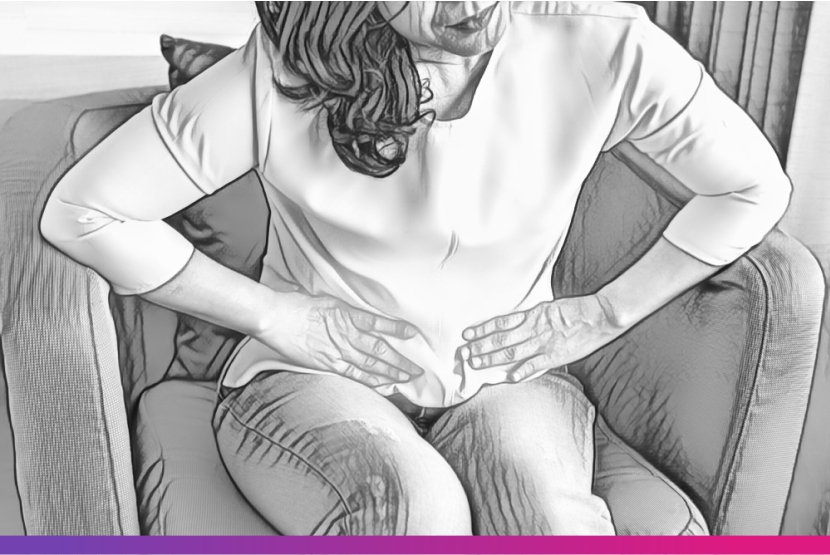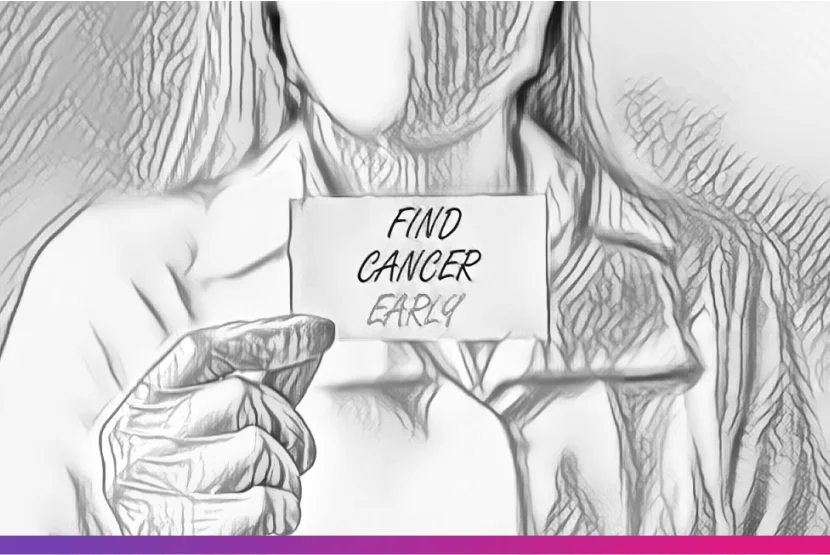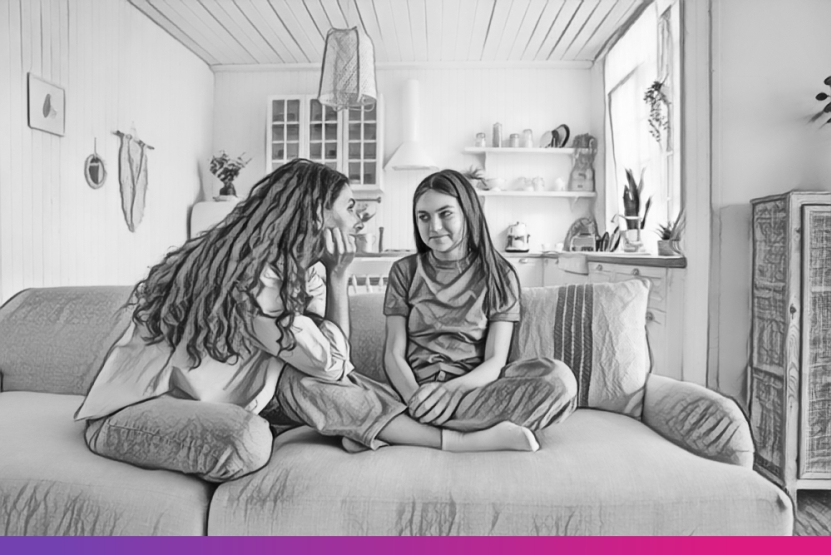It used to be rare. Now it's a growing concern. And the question is: why?
Bowel cancer—also called colorectal cancer—has long been seen as an "older person’s disease." It made sense: screenings typically started after 50, and lifestyle factors had decades to take their toll. But something has shifted. And it’s raising serious questions.
More and more young adults in their 20s, 30s, and early 40s are being diagnosed with bowel cancer—many with no family history and few obvious risk factors.
So what’s going on? And more importantly—what can we do about it?
A New and Alarming Trend
In the past decade, studies across the globe—from the U.S. to India—have shown a steady rise in early-onset colorectal cancer.
Here’s the alarming part:
While overall colorectal cancer rates are decreasing (thanks to awareness and screenings), rates among adults under 45 are climbing.
And many young patients are being diagnosed at later stages, simply because they or their doctors didn’t expect cancer at that age.
Why Are Young Adults at Risk?
Let’s be clear—research is still catching up.
But several potential culprits are under the microscope:
1. Diet & Lifestyle
Highly processed foods, red meat, low fiber intake, and sugar-heavy diets are common in today’s younger generations. These dietary shifts may be impacting gut health and inflammation more than we thought.
2. Sedentary Habits
More screen time, less movement.
Busy lives, long sitting hours. Lack of regular exercise has been linked to slower bowel movement and inflammation—both potential contributors to colorectal cancer.
3. Microbiome Imbalance
The gut microbiome—the community of bacteria living in our intestines—has a huge influence on digestion and immune health. Poor diet, antibiotics, and environmental toxins may be affecting this balance.
4. Lack of Early Screening
Most people under 45 aren't routinely screened for bowel cancer, which means tumors are often diagnosed later—when symptoms are more obvious, and treatment becomes more complex.
The Symptoms That Shouldn’t Be Ignored
Younger patients often face delays in diagnosis because symptoms are written off as stress, hemorrhoids, or IBS. Here’s what you should watch for:
- Blood in stool or rectal bleeding
- Persistent changes in bowel habits
- Ongoing abdominal pain or cramping
- Unexplained weight loss
- Constant fatigue
- Feeling that your bowel doesn’t empty completely
If these symptoms last for more than two weeks, don’t ignore them. Even if you're under 45. Especially then.
Stories Behind the Stats
We’ve seen more 30-somethings walk into Cancer Treatment Centers expecting nothing more than an endoscopy—only to walk out with a life-changing diagnosis.
- Some had no family history.
- Some were marathon runners.
- Some just “didn’t feel right” for a few months and finally asked their doctor to look deeper.
And in almost every case, early detection was the difference between hope and heartbreak.
What Young Adults Can Do
This isn’t about fear—it’s about action. Here’s how to stay ahead:
1. Know your family history
If a parent, sibling, or grandparent had colorectal cancer, your risk goes up. Start screening earlier.
2. Listen to your gut
Literally. Don’t brush off symptoms because of age.
3. Make gut health a priority
Eat fiber-rich foods, stay hydrated, exercise, and limit processed meat.
4. Talk to your doctor
If something feels off, speak up. If they hesitate, push for answers. You know your body best.
5. Get screened at a trusted hospital
Facilities like IOCI, one of the Top Cancer Care Facilities in India, offer advanced diagnostics and a team approach to care. Early detection can start with a simple stool test or colonoscopy at a certified Cancer Treatment Center or Advanced Cancer Treatment Hospital.
Final Thoughts: It’s Time to Rethink the Narrative
Bowel cancer isn’t just your grandparent’s disease anymore. It’s showing up younger, often without warning—and it’s asking us to pay attention.
If you're a young adult reading this, take your health seriously. If you're a doctor, listen without bias. If you're a parent, talk to your kids about symptoms.
Because the more we normalize these conversations, the more lives we’ll save.
Know your body. Trust your gut. Speak up early.











